If your first child had colic, is there an increased chance your second child will have colic? My 16-month-old son had horrible colic for the first five months of his life, despite the data telling me it would go away between 6 and 12 weeks. I always imagined myself having many children, but those five months were so difficult, I am rethinking what my family might look like. If we have a second, will it seem like a breeze if they do not have colic? Or, if we have a second, are we likely setting ourselves up for a repeat?
—Mama of One
For the uninitiated, “colic” is a term that describes uncontrollable crying in babies. To be clear: all babies cry, often quite a lot. The distinction is both in amount and whether it can be soothed. Many babies, without colic, cry when they need something and respond to having their needs met. Babies with colic will cry without reason.
The formal definition of colic is sometimes called the “rule of three”: uncontrolled crying for at least 3 hours a day, at least 3 days a week, for at least 3 weeks. Only about 2% of babies have colic according to this definition; obviously a much larger share are identified if you use (for example) parent reports on whether their babies cry a lot.
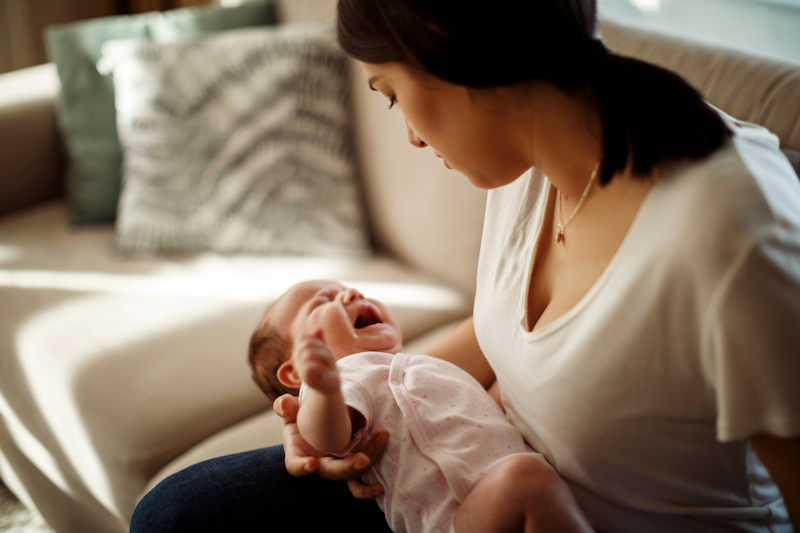
For most babies, as you note, colic begins around two weeks, peaks around six, and goes away by 12 weeks. It can last longer, and regardless of length, this can be brutal for parents. The combination of frustration, lack of sleep, and anxiety takes a huge toll on mental health. There are some options to provide comfort for colic; a few studies suggest that probiotics can help, but these effects are fairly small.
There is some limited data suggesting that if one child has colic, a sibling is more likely to as well. One study in Finland used a broad definition of colic, such that 40% of children were classified as having it. In this case, among those with a sibling with colic, 50% of them were reported to have colic, versus only 28% of those who did not have a sibling with colic — an increase, but still a lot of variation. It would be better to have this type of study with more comprehensive diagnostic data on colic, but this is the best we have.
What to do for you? Obviously, I have no idea what the right choice is in terms of your family-building; that’s up to you. What I will say is that, as with many pregnancy and postpartum complications, this is a “hope for the best, prepare for the worst” situation. You should absolutely hope for a baby without colic, and if you get that, you’ll be living the dream. But you can also prepare if your second child does have colic — get extra help, figure out how you’ll manage it, and consider some of the limited intervention options that exist.
Community Guidelines













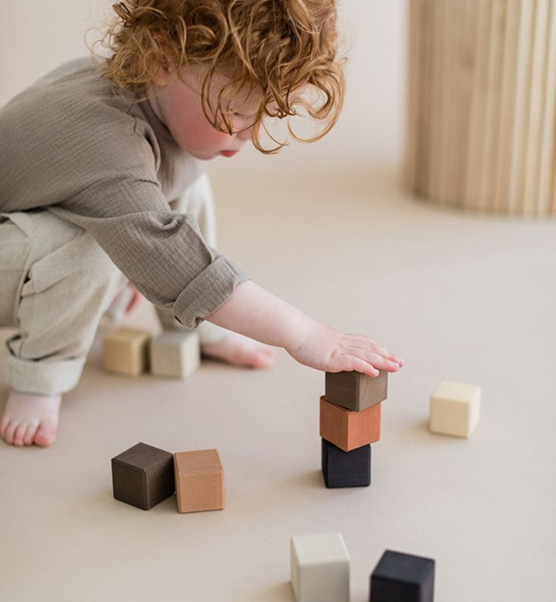
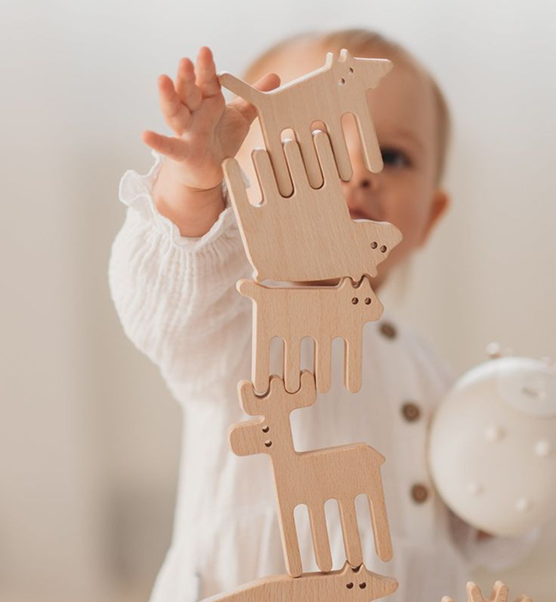

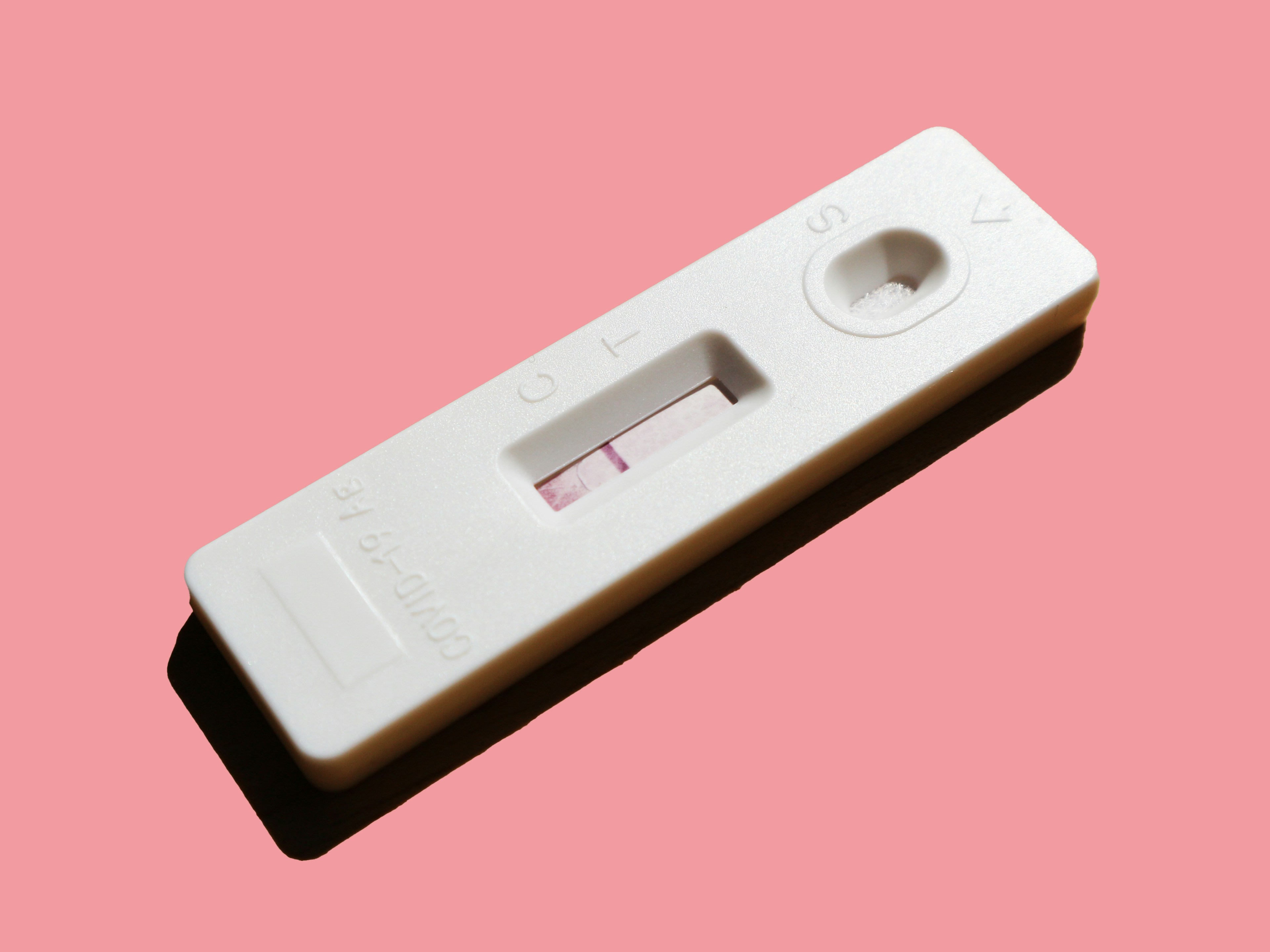
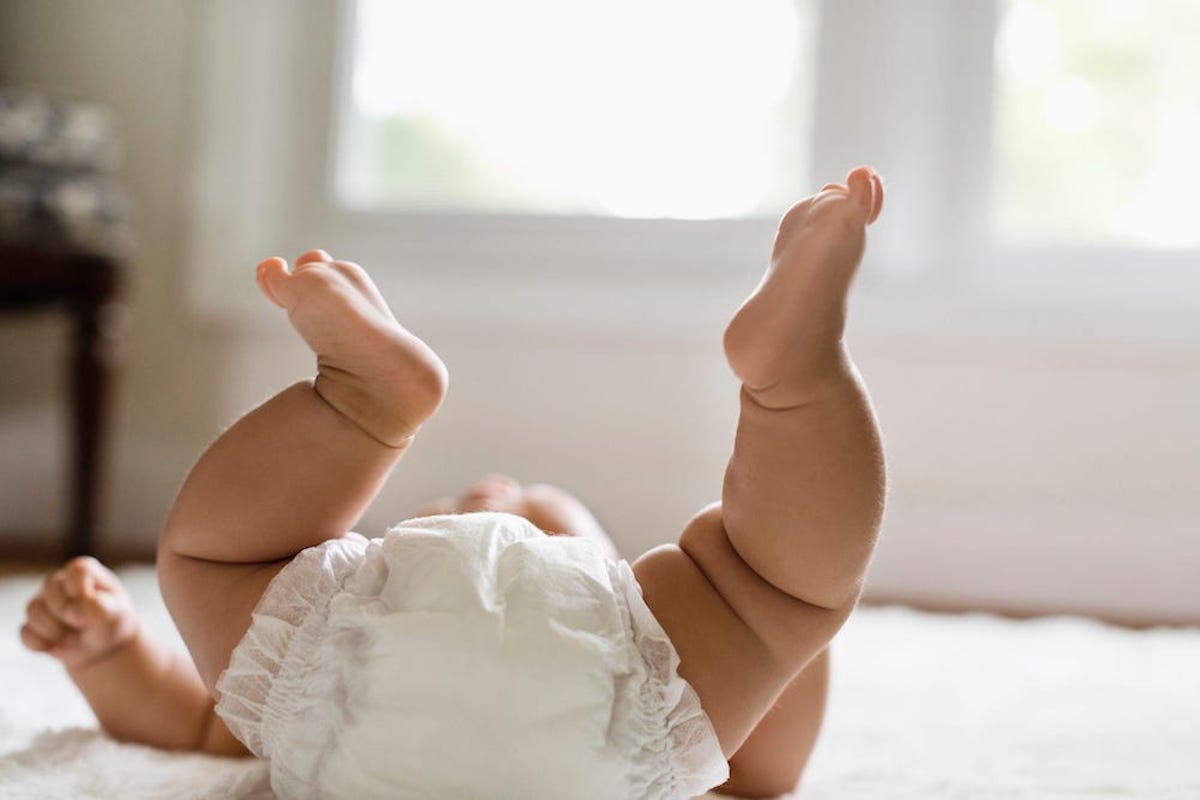

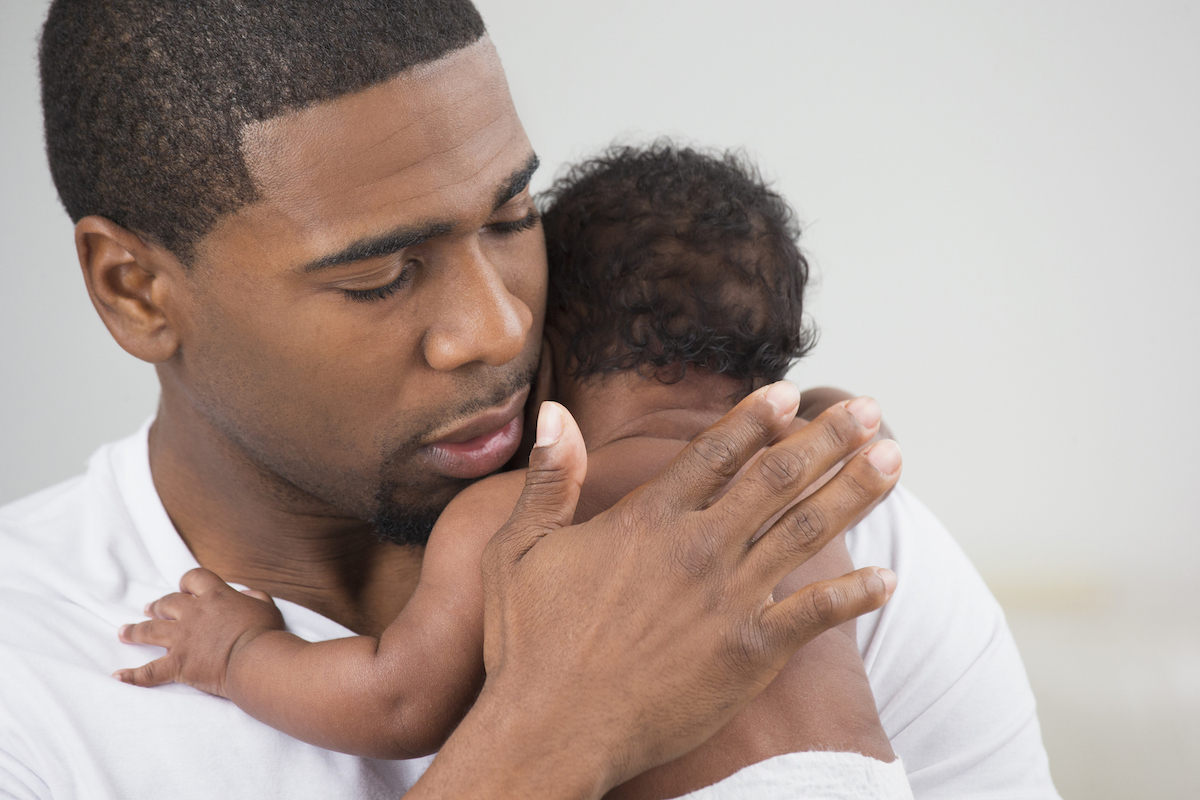


Log in